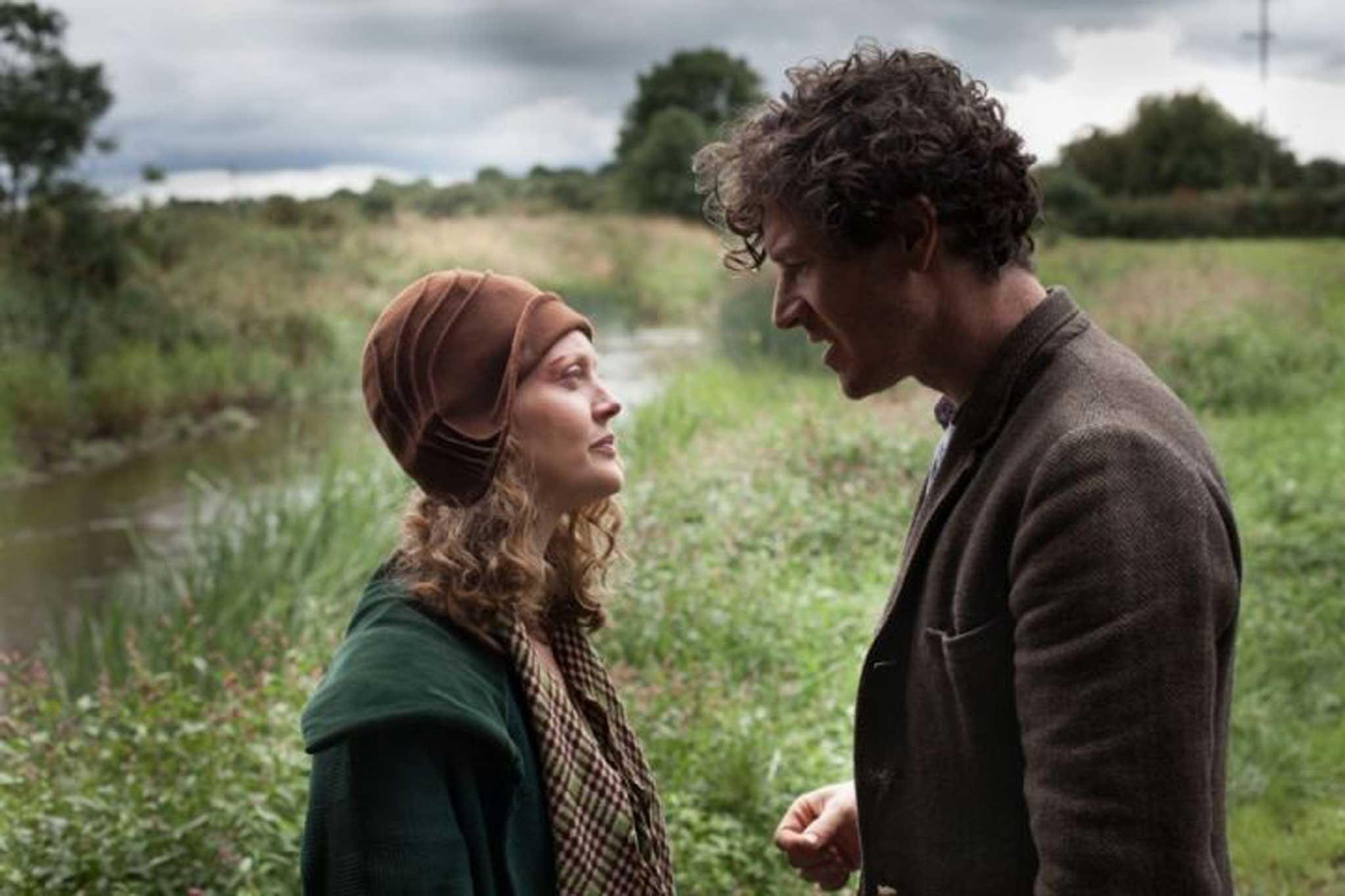Jimmy's Hall, film review: Ken Loach's film encapsulates a career's worth of social concerns
(12A) Dir. Ken Loach; Starring Barry Ward, Simone Kirby, 109mins

Your support helps us to tell the story
From reproductive rights to climate change to Big Tech, The Independent is on the ground when the story is developing. Whether it's investigating the financials of Elon Musk's pro-Trump PAC or producing our latest documentary, 'The A Word', which shines a light on the American women fighting for reproductive rights, we know how important it is to parse out the facts from the messaging.
At such a critical moment in US history, we need reporters on the ground. Your donation allows us to keep sending journalists to speak to both sides of the story.
The Independent is trusted by Americans across the entire political spectrum. And unlike many other quality news outlets, we choose not to lock Americans out of our reporting and analysis with paywalls. We believe quality journalism should be available to everyone, paid for by those who can afford it.
Your support makes all the difference.The hall of the title is a community-run combined youth club, free school and dance club in early-Thirties County Leitrim in Ireland, and the Jimmy is Jimmy Galton (Barry Ward), its trustees' unofficial spokesman.
To the people who just want a place in which to come together, to paint, to play and dance to music, and to forget about the misery and the divisions of the recent civil war, Jimmy is a local hero. But to the ruling class of land-owners, politicians and Church leaders, he is a dangerous communist and a rabble-rouser.
This dialectic – the conflict between those who only want to dance, and those conservative forces who would seek to repress them – is a familiar one. It's basically the plot of Flashdance, for one thing.
But while Jimmy's Hall is not one of Ken Loach and screenwriter Paul Laverty's most sophisticated stories, it does very neatly encapsulate a career's worth of social concerns. And while its depiction of 1930s rural Irish life seems a mite more picturesque than it does lived in, the scenes in which characters air their grievances and debate their communal response, as ever in Loach's films, are full of urgency and hope and life.
Join our commenting forum
Join thought-provoking conversations, follow other Independent readers and see their replies
Comments